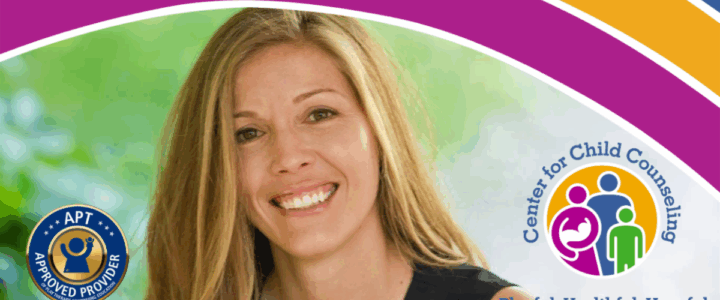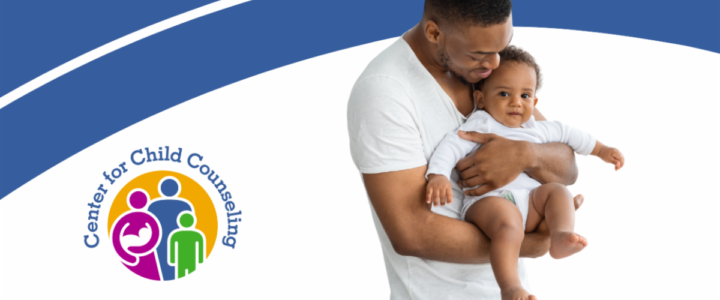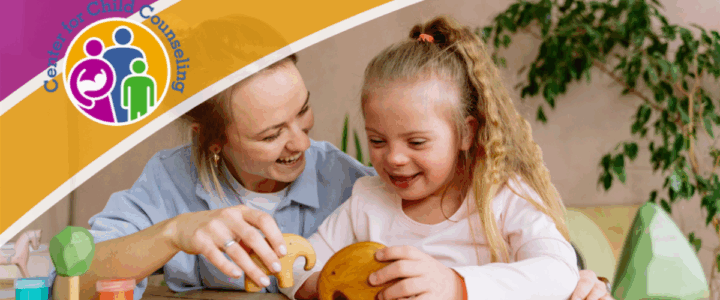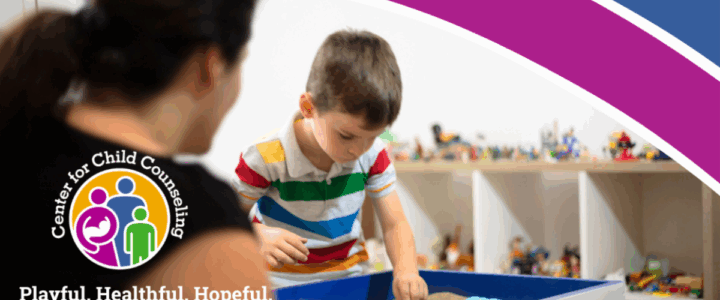December 3, 2025 @ 5:30 pm – 8:30 pm
Join us on December 3rd, 2025, for an in-depth training designed to help pediatric providers identify, assess, and manage eating disorders in children and adolescents. This session will focus on early warning signs, sensitive screening approaches, medical and nutritional considerations, and effective referral strategies.
Attendees will gain practical tools to engage families, differentiate between typical and concerning eating behaviors, and collaborate with multidisciplinary care teams to support recovery and promote healthy development. Don’t miss this opportunity to sharpen your skills, connect with peers, and stay at the forefront of pediatric care.





